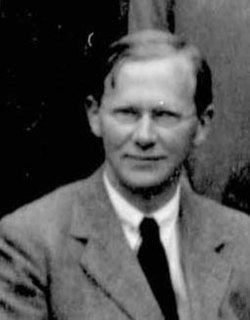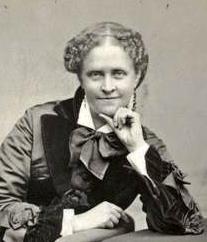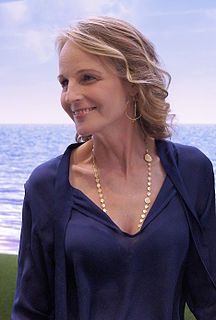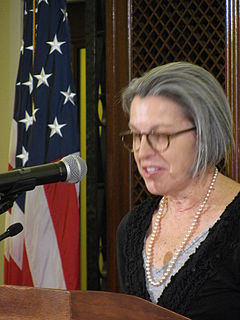A Quote by Ann Voskamp
Darkness transfigures into light, bad transfigures into good, grief transfigures into grace, empty transfigures into full. God wastes nothing – ‘makes everything work out according to his plan.’ (Ephesians 1:11).
Related Quotes
The wrinkled man in the wheelchair with the legs wrapped, the girl with her face punctured deep with the teeth marks of a dog, the mess of the world, and I see - this, all this, is what the French call d'un beau affreux, what the Germans call hubsch-hasslich - the ugly-beautiful. That which is perceived as ugly transfigures into beautiful. What the postimpressionist painter Paul Gauguin expressed as 'Le laid peut etre beau' - The ugly can be beautiful. The dark can give birth to life; suffering can deliver grace.
Chloe Honum's brilliant first book The Tulip-Flame traces an identity forming within radically divergent but interlocking systems: a family traumatized by the mother's suicide, a failed relationship, the practice of ballet, a garden-each strict, exacting. And with 'a crow's sky-knowing mind,' Honum in every case transfigures emotion by way of elegant language and formal restraint. Chloe Honum is 'one astounding flame' of a poet, and I predict a long-lasting one.
































